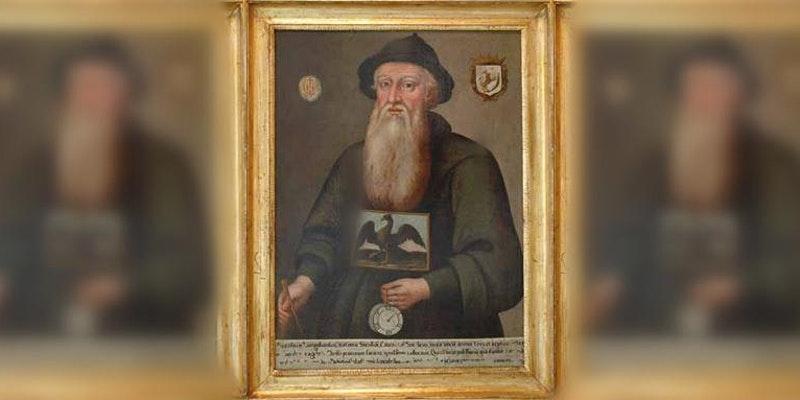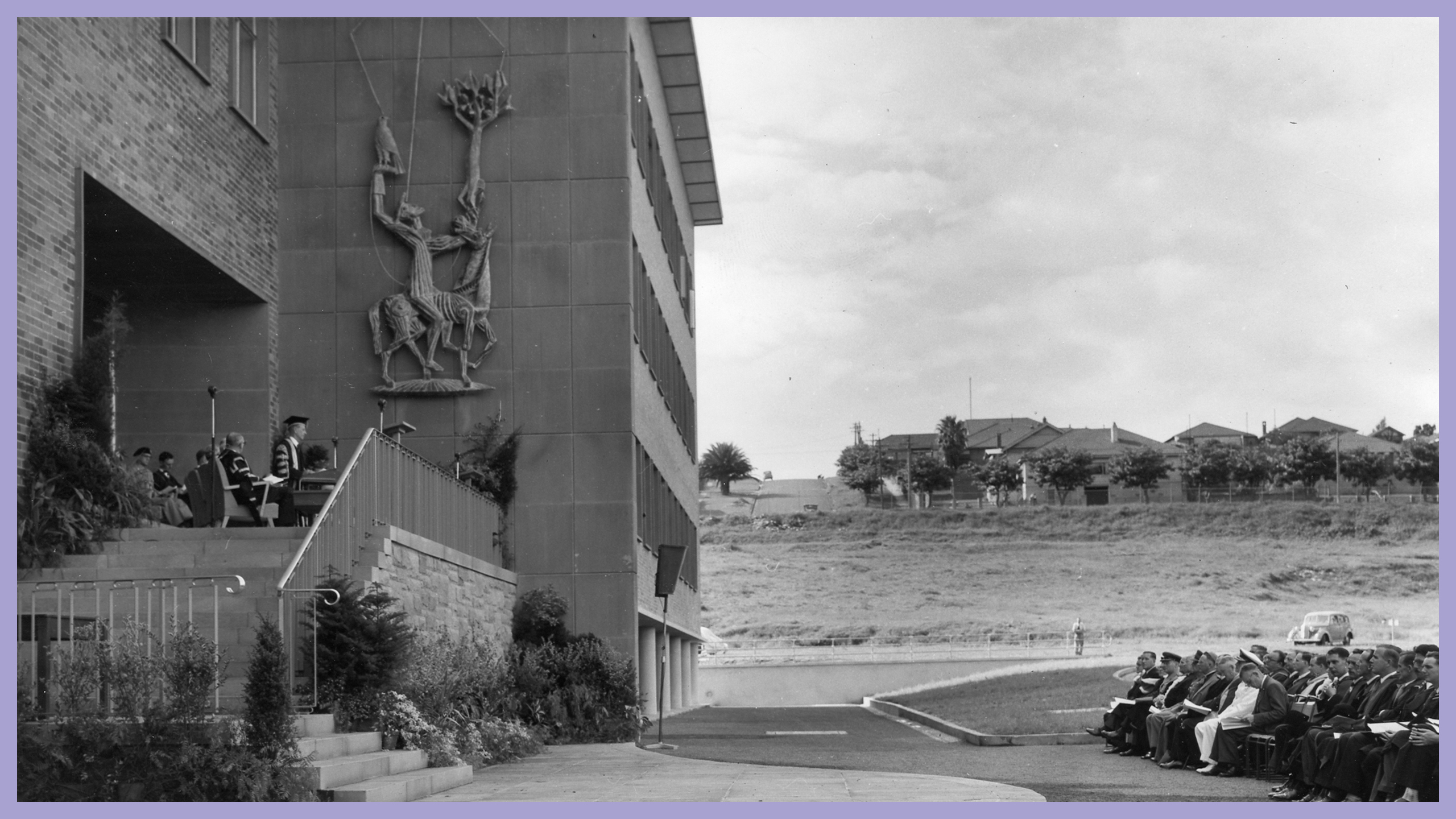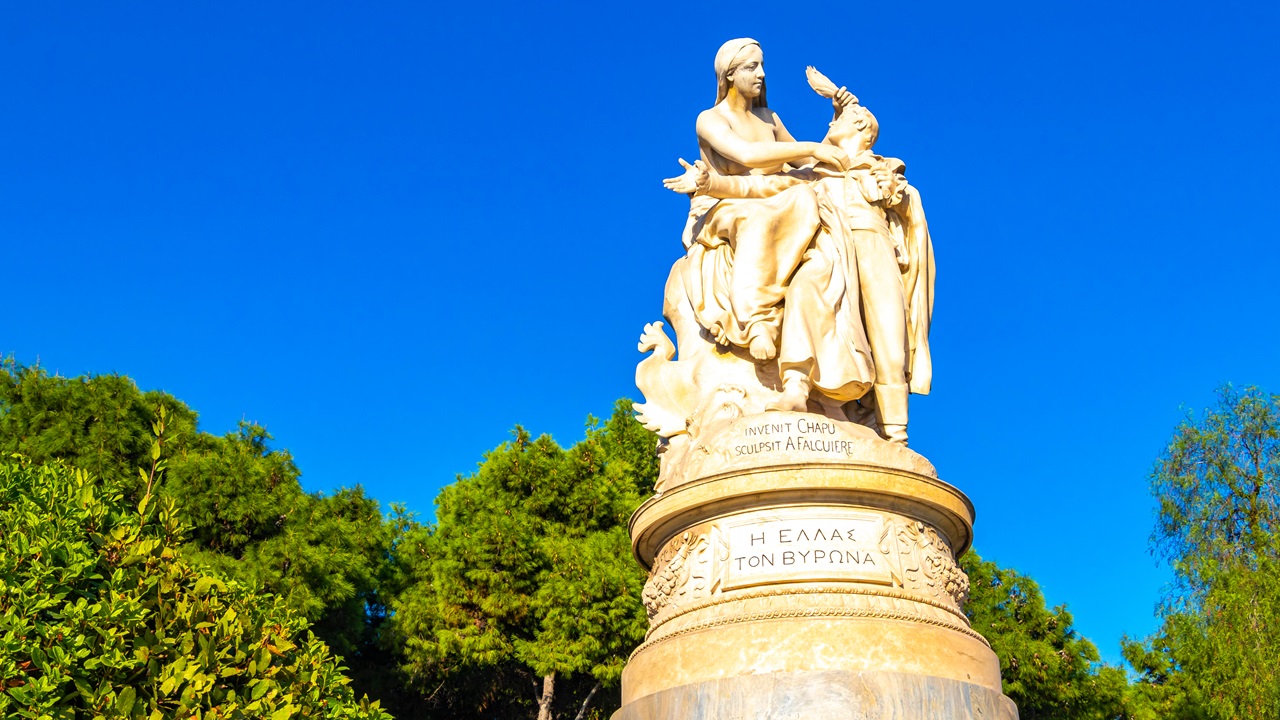Conceptual Translation and the 17th-Century China Mission

Conceptual Translation and the 17th-Century China Mission: The Contributions of Niccolò Longobardo and Domenico Maria Sarpetri
This talk seeks to reflect on conceptual translation by using missionary debates on how to translate Christian theological concepts such as God into Chinese as a case study. These debates were highly theological and philological in nature, though they also featured some attempts to construct a theory of conceptual translation that anticipated some themes in translation studies today, especially in relation to the incommensurability of cultures and the limitations of semantic translations. In general, the Jesuits in China promoted the use of semantic translations for Christian theological concepts, such as Tian 天 or Shangdi 上帝 for God, Linghun 灵魂 for soul and Tianshen 天神 for angels. Some missionaries in China rejected these semantic translations on the grounds that Chinese thought lacked a concept of transcendence and thus was incommensurable with Christianity. Hence they thus advocated phonetic translations such as dousi 陡斯 for God and ya-ni-ma 亚尼玛 for soul. This talk will discuss the views of two subversive Sicilian missionaries who disagreed with the dominant positions of their respective religious orders on conceptual translatability: the Jesuit Niccolò Longobardo, who opposed the use of semantic translation, and the Dominican Domenico Maria Sarpetri, who supported semantic translation.
About the speaker
Daniel Canaris is Associate Professor at the Xue-heng Institute for Advanced Studies, Nanjing University where he teaches Latin and intellectual history. He completed his PhD in Italian Studies at the University of Sydney in 2017. Since graduating he has been awarded a series of fellowships at the University Erlangen-Nuremberg, the Warburg Institute (University of London), the Sun Yat-sen University, the Ricci Insitute for Chinese-Western Cultural History (University of San Francisco), and Villa I Tatti (Harvard; declined because of COVID travel restrictions). Most recently he has been awarded an ARC Discovery Early Career Researcher Award (DECRA) which he will be commencing at the University of Sydney in August 2022. His first monograph, Vico and China, was published in 2020 as part of the Voltaire Foundation’s Oxford University Studies in the Enlightenment series, and has co-edited with Thierry Meynard a critical edition and translation of Longobardo’s Resposta breve (Palgrave Studies in Comparative Global History). His critical edition and translation of Michele Ruggieri’s Tianzhu shilu 天主实录 is about to be published by Brill.
About the talk series
This talk is part of the “Talks in Chinese Humanities” series, co-presented by the the Faculty of Art, Design & Architecture at UNSW, the Australian Society for Asian Humanities, and the China Studies Centre and Department of Chinese Studies at The University of Sydney. For more information about the series, contact Minerva Inwald, Judith Neilson Post-Doctoral Fellow in Contemporary Art, UNSW (m.inwald@unsw.edu.au).
Image credit : Unknown artist, Fr Niccolò Longobardo, 17th century, oil on canvas, 118x90cm, Musei Civici e Pinacoteca “L. Sturzo” Caltagirone



